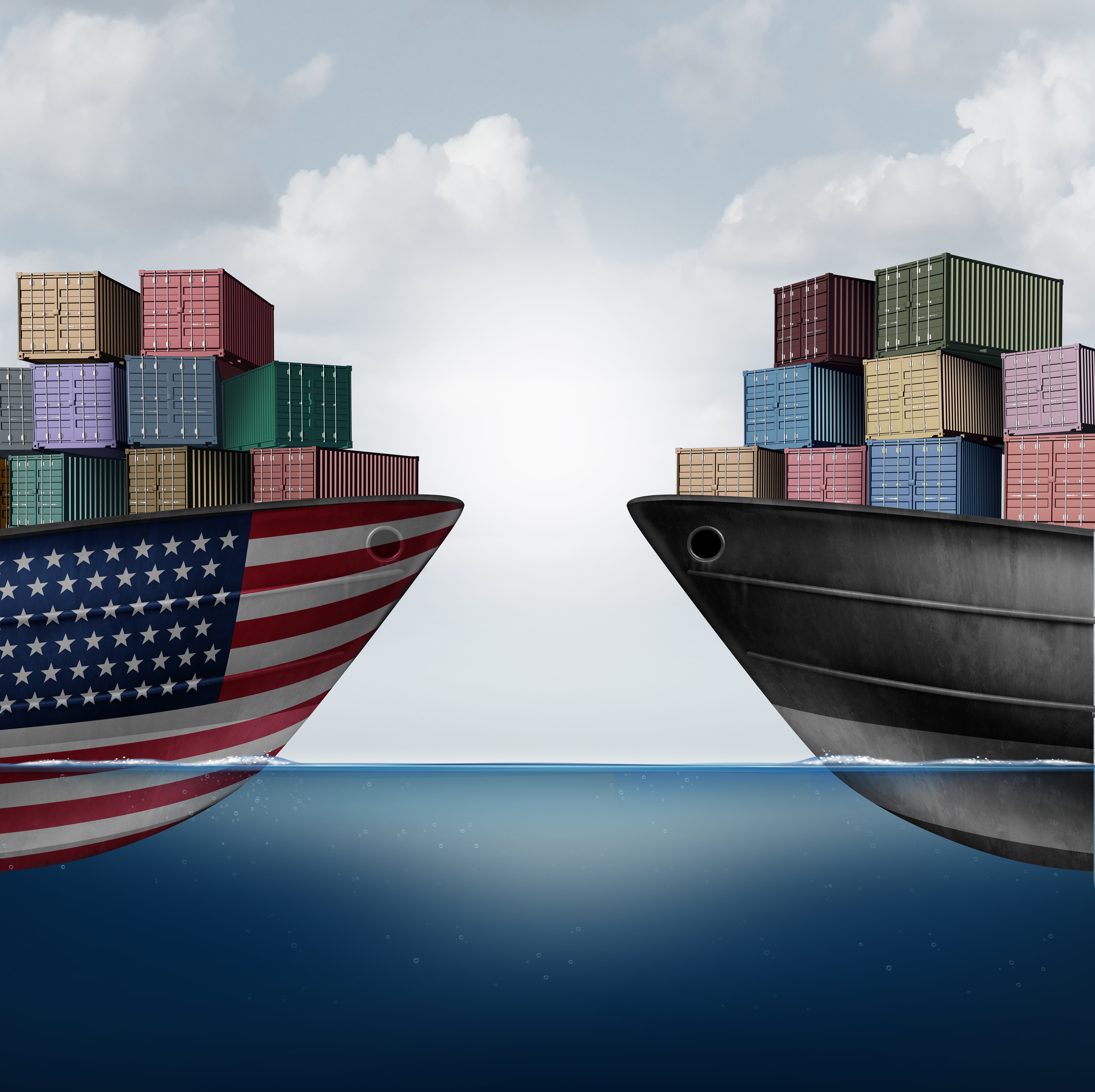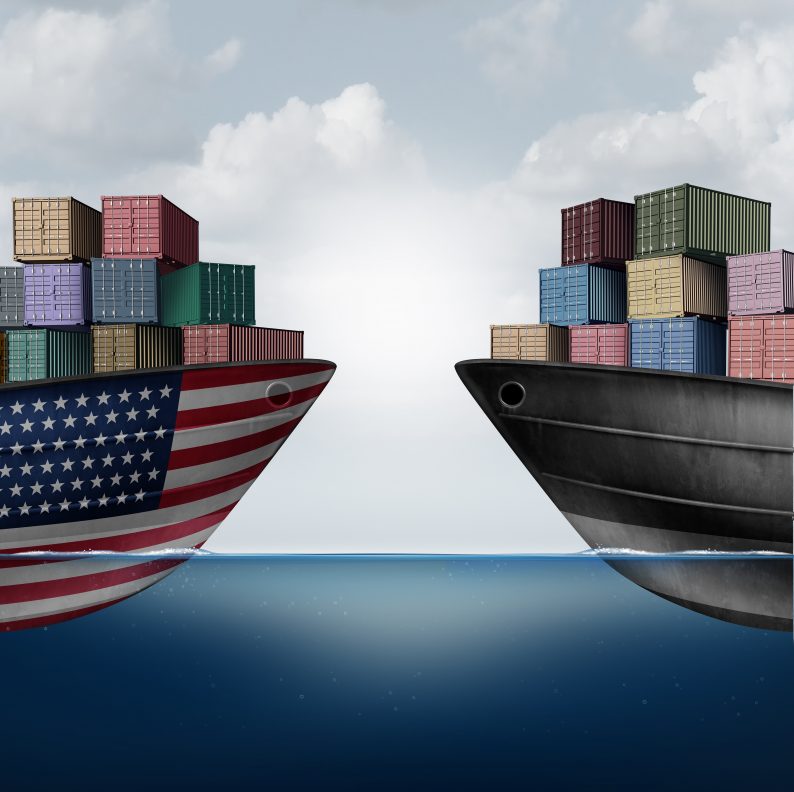When Adam Smith wrote Wealth of Nations, it wasn’t to refute the “godless socialists” 21st-century Republican voters believe are taking over the world. It was to refute the kinds of protectionist ideas championed by conservatives like Edmund Burke and Alexander Hamilton in Smith’s day, Abraham Lincoln eighty years later, and Trump today.
Bastiat remade Smith’s case in 1848. Henry Hazlitt did so again in 1946. Still, these economic fallacies persist because they offer the victims of other bad economic policies villains they can blame for largely self-inflicted wounds.

The Broken Window Fallacy
Every time a Trump supporter sees “Made in China” on a pair of sneakers, he throws up his hands and says, “Do you see that? They’re stealing our manufacturing jobs.” He then repeats a version of Bastiat’s broken window fallacy. It goes something like this:
China puts tariffs on our products so our exports can’t compete in its markets. But we don’t put tariffs on China’s exports, making their sneakers cheaper than we can make them here. American sneaker manufacturing jobs go to China, but no Chinese manufacturing jobs come to the United States.
What is unseen is the money American consumers no longer have when the tariffs are put in place.
Not only do millions of Americans lose their jobs, say the protectionists, but all of the money they would have spent domestically is instead spent in China. This causes other American businesses to fail, cut production, or not expand as much as they otherwise would. The unemployed American factory worker doesn’t eat out at the local restaurant. The restaurant needs fewer wait staff and cooks, who in turn don’t have money to spend on new clothing, etc.
As Bastiat would say, this is “what is seen.” But their argument ignores what is unseen.
What is unseen is the money American consumers no longer have when the tariffs are put in place. For example, the tariff may result in them paying $200 for the same pair of sneakers they previously paid $100 for. That means they no longer have $100 they previously had after buying the sneakers, which they could spend on other products. Whatever jobs they were supporting with that $100 are now lost.












Leave A Comment